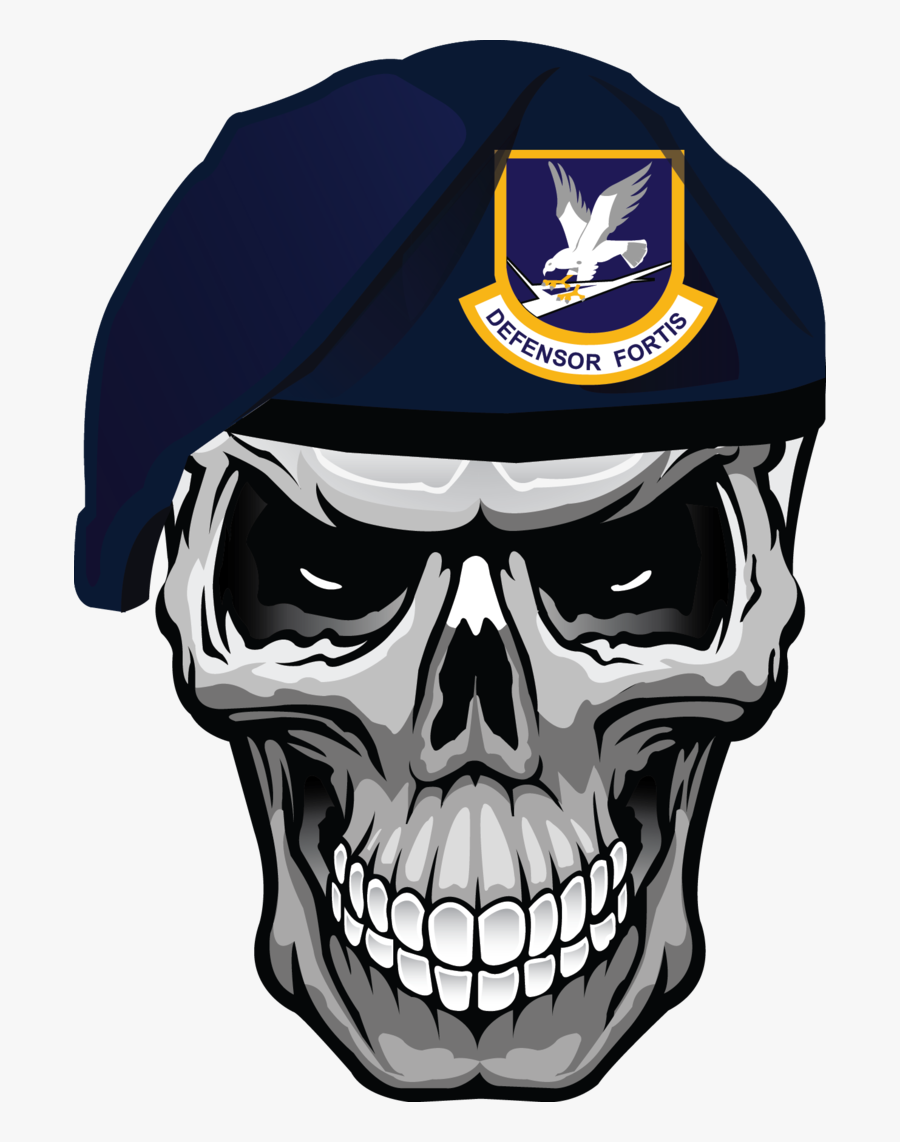Abraham Lincoln Cause of Death

Introduction to Abraham Lincoln’s Life and Presidency

Abraham Lincoln, the 16th President of the United States, is widely regarded as one of the most influential leaders in American history. Born on February 12, 1809, in a log cabin in Kentucky, Lincoln rose from humble beginnings to become a successful lawyer and politician. He served in the Illinois state legislature and later in the U.S. House of Representatives before being elected as President in 1860. Lincoln’s presidency was marked by significant events, including the issuance of the Emancipation Proclamation and the passage of the 13th Amendment to the Constitution, which abolished slavery.
Assassination and Cause of Death

On the evening of April 14, 1865, President Lincoln attended a play at Ford’s Theatre in Washington, D.C. with his wife Mary. During the third act of the play, Our American Cousin, John Wilkes Booth, a well-known actor and Confederate sympathizer, entered the presidential box and shot Lincoln in the head with a Deringer pistol. Booth then jumped from the balcony to the stage, breaking his leg in the process, and escaped through the back door of the theater. The shooting occurred at around 10:15 p.m., and Lincoln died the next morning at 7:22 a.m. on April 15, 1865, due to complications from the gunshot wound.
🚨 Note: The assassination of President Lincoln was a devastating blow to the nation, and it occurred just five days after Confederate General Robert E. Lee's surrender at Appomattox, which effectively ended the Civil War.
Investigation and Aftermath

The investigation into Lincoln’s assassination was one of the largest and most extensive in U.S. history at the time. It involved multiple government agencies, including the War Department and the Department of Justice. The investigation revealed that Booth was part of a larger conspiracy involving several other individuals, including Lewis Powell, David Herold, and Mary Surratt. The conspirators had planned to assassinate not only Lincoln but also other high-ranking government officials, including Vice President Andrew Johnson and Secretary of State William Seward. In the end, eight conspirators were arrested, tried, and found guilty, with four being hanged for their roles in the assassination.
Legacy of Abraham Lincoln

Abraham Lincoln’s legacy is profound and far-reaching. He is remembered for his strong leadership during the Civil War and his commitment to preserving the Union. Lincoln’s Gettysburg Address and Second Inaugural Address are considered some of the greatest speeches in American history, and his Emancipation Proclamation paved the way for the abolition of slavery. Today, Lincoln is revered as a symbol of freedom, equality, and democracy, and his memory continues to inspire people around the world.
| Event | Date | Location |
|---|---|---|
| Abraham Lincoln's birth | February 12, 1809 | Kentucky |
| Election as President | November 6, 1860 | United States |
| Assassination | April 14, 1865 | Ford's Theatre, Washington, D.C. |
| Death | April 15, 1865 | Petersen House, Washington, D.C. |

In summary, Abraham Lincoln’s life and presidency were marked by significant events and accomplishments, and his assassination was a tragic and devastating blow to the nation. However, his legacy continues to endure, and he remains one of the most beloved and respected leaders in American history. His commitment to freedom, equality, and democracy serves as an inspiration to people around the world, and his memory will continue to be honored and celebrated for generations to come.
Who was responsible for Abraham Lincoln’s assassination?

+
John Wilkes Booth, a well-known actor and Confederate sympathizer, was responsible for Abraham Lincoln’s assassination.
What was the cause of Abraham Lincoln’s death?

+
Abraham Lincoln died due to complications from a gunshot wound to the head, which was inflicted by John Wilkes Booth during the assassination.
What is Abraham Lincoln’s legacy?

+
Abraham Lincoln’s legacy is profound and far-reaching, and he is remembered for his strong leadership during the Civil War, his commitment to preserving the Union, and his role in abolishing slavery.



